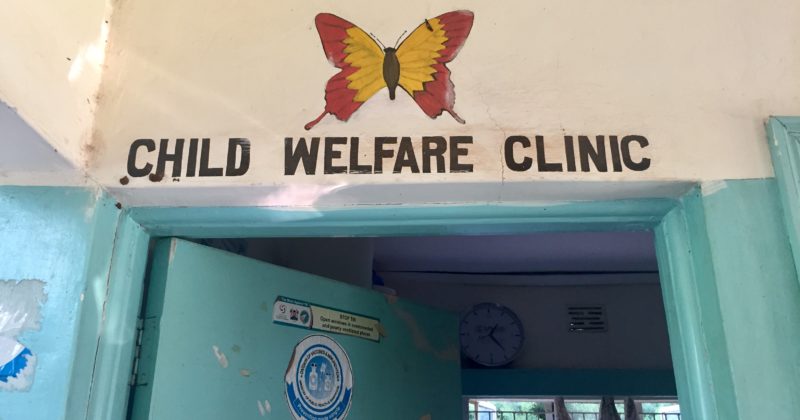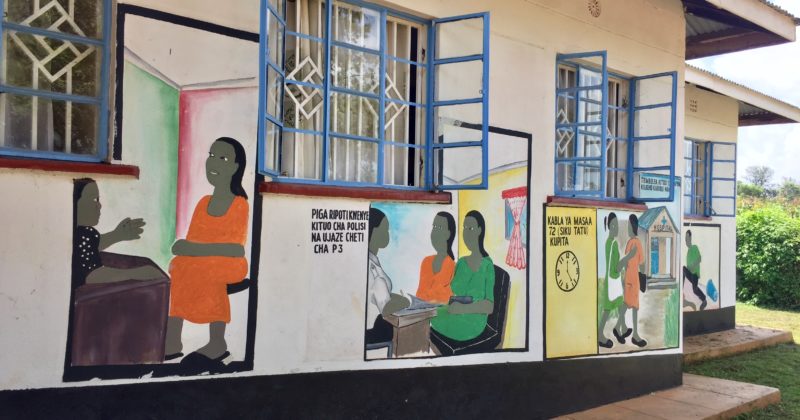
Three Tips for when Research Plans Change
This summer, I embarked on a trip to the lakeside city of Kisumu, Kenya to work with Dr. Megan Huchko and the Center for Global Reproductive Health on the development of a survey tool to measure cervical cancer and HPV stigma among HIV-positive women and health care providers. The first step in the research study would involve in-depth interviews (IDIs) to develop a framework for our survey tool. In preparation during the spring semester, fellow researcher Emma Mehlhop (T’21) and I produced four IDI guides which would lead the interviewers through our exploratory questions, and we even attended a training on qualitative interviews. I was eager to see our preparatory work come to fruition during the summer, as I was certain the study would continue moving forward at our intended pace. When our study on cervical cancer stigma had hiccups with the IRB approval and left us unable to move forward with the IDIs, Emma and I joined another study --...



